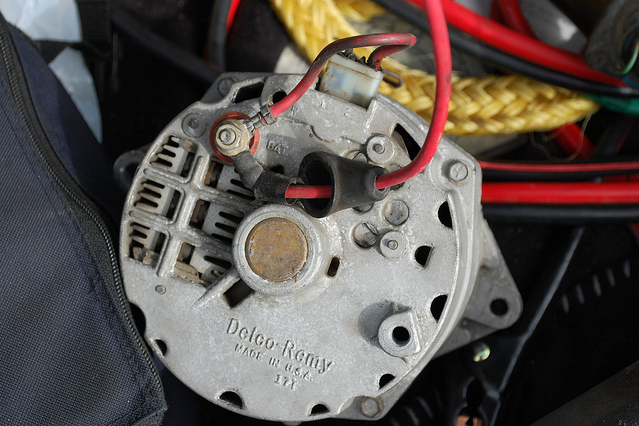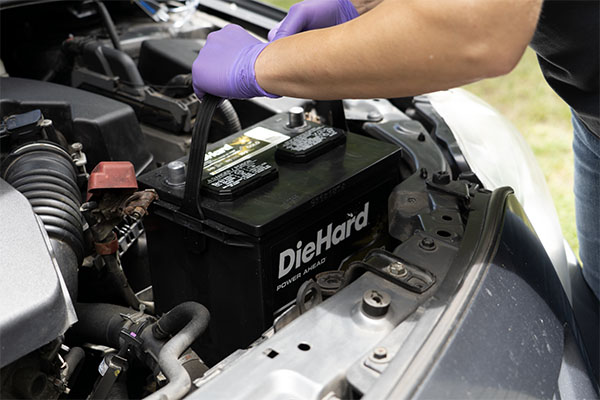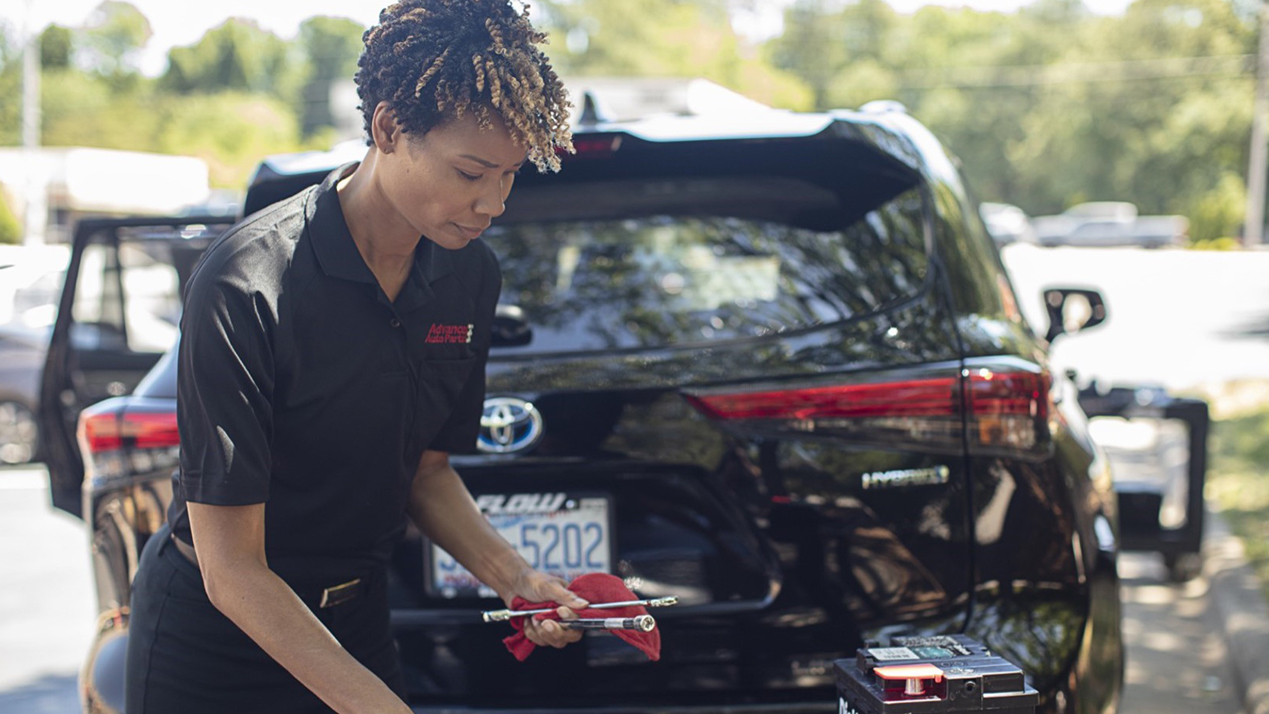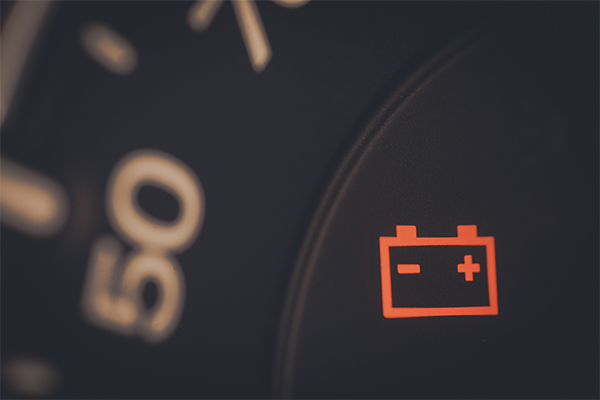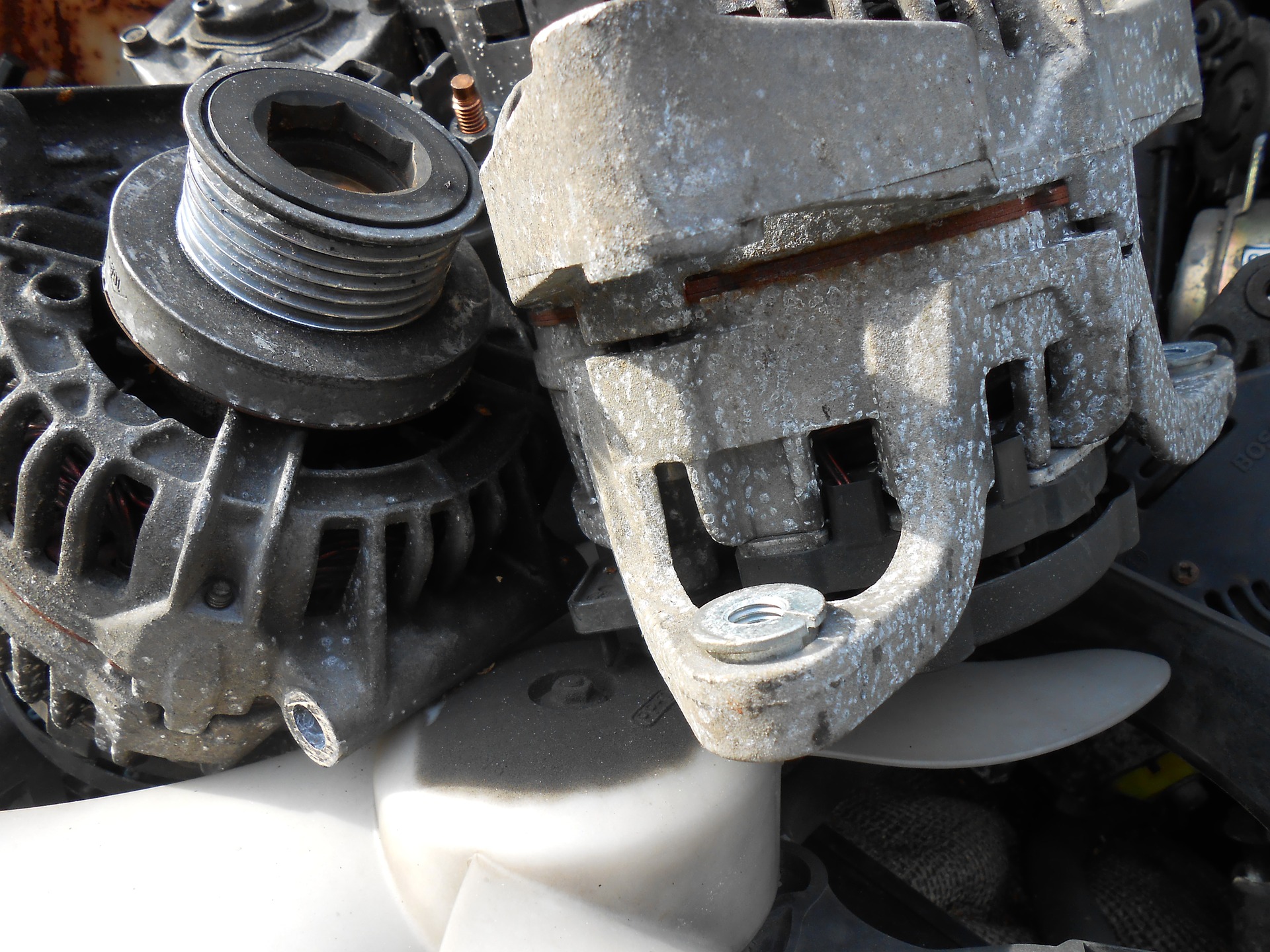
Battery Not Charging – Car Problems and How to Deal with Them
When it comes to problems such as a car battery not charging, car problems can quickly become more complicated and problematic than they ought to be. The problem is many car owners don’t know exactly how their car’s electrical and charging system works. Nevertheless, troubleshooting the issue might work, and you could even get out of it without the need for committing a sizable investment, especially when the problem is simply a faulty contact in the electric system. Learn which battery is right for your vehicle.
What Happens When Your Car Battery Is Not Charging?
To put it simply, with the battery not charging, car owners can face several painstaking hours trying to find out exactly what’s going on with their vehicles. When the battery isn’t charging, the car can’t run, because the battery isn’t there to give enough energy to the spark plugs and ignition system. Alternatively, if the alternator isn't supplying a charge to the battery, then the ignition, lights and the rest of the electrical system will be running solely on battery power, which will exhaust even a good battery fairly quickly. If the problem is serious, then the engine won’t even start, and even on the off chance that it does, the battery will rarely be able to gain much charge or maintain its existing charge.
Advance Auto Parts stores offer free battery testing and installation*.
Is Your Car Battery Dead or Dying?
With the battery not charging, car owners have to consider whether they might have to buy a brand new battery. To determine that fact, you will have to check the battery with a multimeter and determine whether any other malfunction might be involved. If the battery can’t hold its charge, it will likely fail the load test, even if it offers enough voltage without a load. Also, if you do manage to establish that your battery needs replacing, that doesn’t always mean that the battery is completely dead. Most experts will recommend that you replace the battery anyway, as long as it fails to hold a proper charge, and could give in when you least expect it. Taking precautions in instances such as this can often help you avoid a lot of difficulties down the line.
Car Alternator Problems
Alternator problems are quite common, and depending on the type of car you drive and its specific wiring, there are many possible causes and solutions to take into account. The alternator may have become faulty as a result of a broken or loose belt, a loose connector, various wiring problems and even a computer error or malfunction. Like batteries, alternators don’t last forever, and even though they can last far past the regular lifespan of your car battery, they may still have to be replaced once every 7 years or 80,000 miles.
Take a look at some popular battery accessories.
Other Potential Charging Concerns and Challenges
There are many other possible issues that could come up when your car battery isn’t charging. You might have faulty or corroded car battery terminal connections that make contact almost impossible. Corrosion is a regular maintenance item for batteries -- it will accumulate as a fluffy green or bluish-white deposit on the posts and clamps, and if left too long it can actually prevent the battery from receiving or delivering a charge at all. Add that to the possibility of a parasitic drain, and acknowledge the potential issues of bad weather and charging system problems, and you can even have several different concerns that all work to keep your car battery from charging. Fortunately, even with the battery not charging, car owners still have the resources to figure out what happened and fix the problem without spending too much time or money on it.
Find an Advance Auto Parts store close to you.
*Car battery testing and installation available on most automotive vehicles, at most locations, unless prohibited by law.

